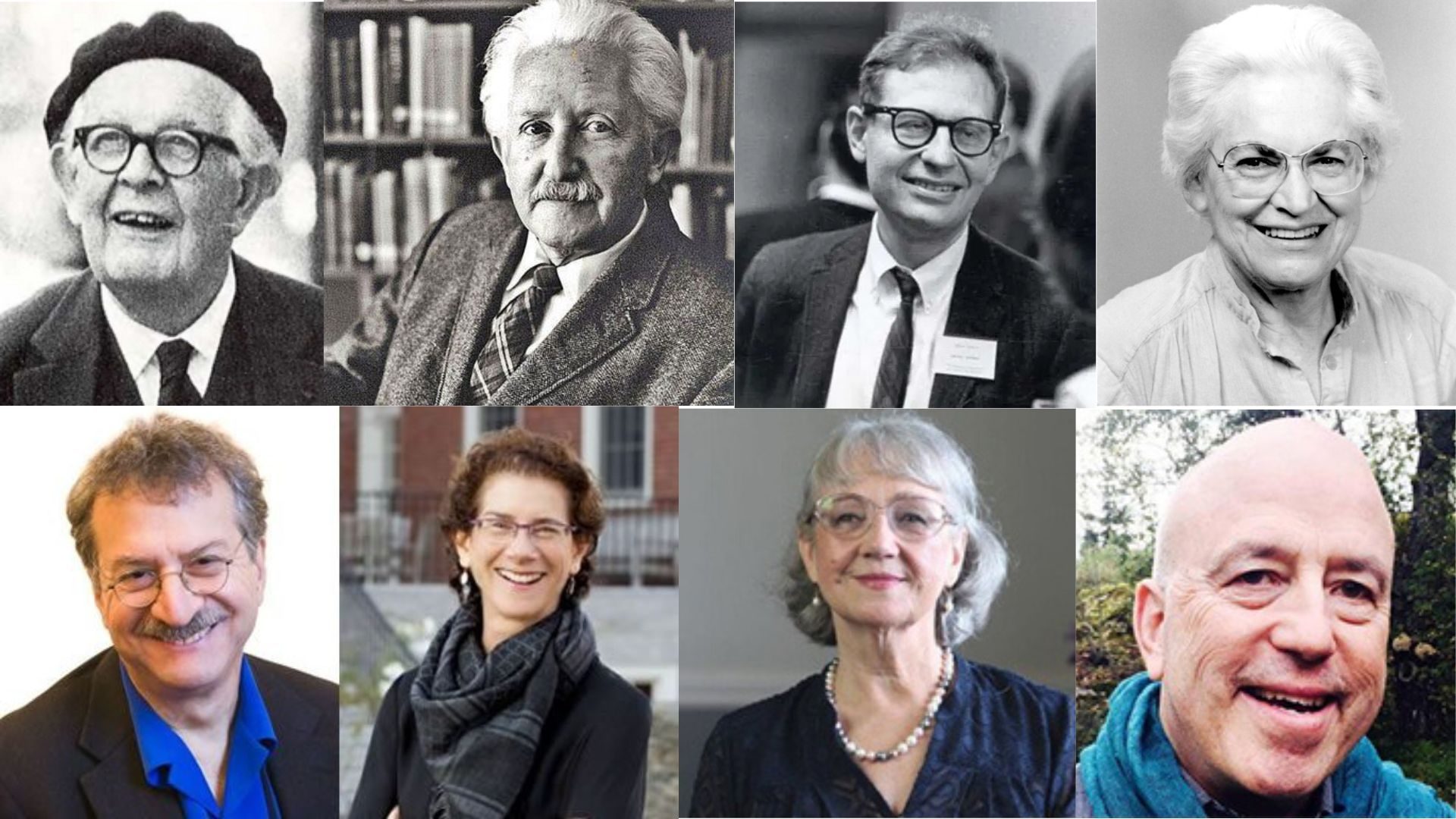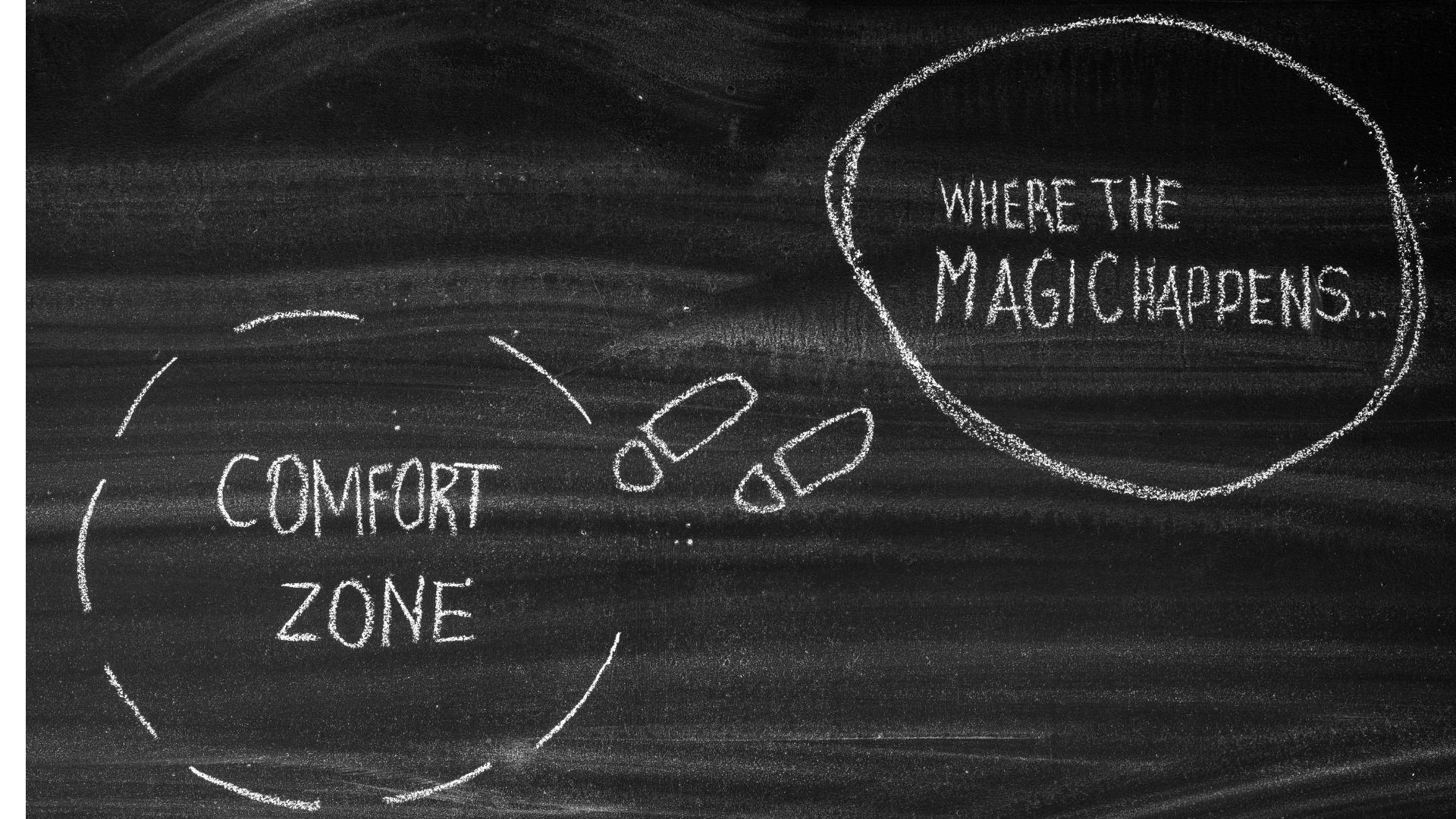Why I’m Adding Shifting Horizons to My Leadership Development Toolkit
As an executive coach, I’m constantly searching for tools that help leaders navigate our increasingly complex world. That’s why I’m excited to announce my certification in the Shifting Horizons assessment – a cutting-edge instrument that offers fresh insights into how leaders make sense of and respond to complexity.
Why Another Leadership Assessment?
You might wonder why we need another leadership assessment when there are already so many available. The answer lies in the unique challenge facing today’s leaders: the gap between the complexity of our world and our capacity to handle it.
Today’s leaders face a predicament that no amount of traditional leadership training can fully address. While the complexity of our world accelerates exponentially – think climate change, technological disruption, geopolitical tensions, and rapid social change – our capacity to handle this complexity often lags behind.
Harvard’s Robert Kegan describes this as being “in over our heads.” It’s like trying to solve three-dimensional problems with two-dimensional thinking. Many leaders find themselves overwhelmed, not because they lack skills or intelligence, but because their fundamental way of making sense of the world isn’t matched to the complexity they’re facing.
This mismatch creates what developmental researchers call a “complexity gap.” Leaders might have all the right technical skills and management competencies, yet still struggle to navigate ambiguity, hold multiple perspectives, or lead transformative change.

Understanding Horizontal and Vertical Development
Traditional assessments typically focus on horizontal development – adding new skills, knowledge and competencies. While valuable, this approach is like adding more apps to your smartphone without upgrading its operating system.
Think of horizontal development as adding new apps to your smartphone. You can add more features and capabilities, but you’re still constrained by the operating system’s fundamental limitations. What many leaders need today is an upgrade to their mental “operating system” itself.
Shifting Horizons, in contrast, focuses on vertical development – helping leaders upgrade their mental “operating system” to handle greater complexity. Vertical development refers to how we progress through increasingly sophisticated ways of making sense of the world. Each new stage transcends and includes the previous ones, much like how an adult can think like a child when appropriate but also access more mature ways of thinking.

The Shifting Horizons assessment, building on William Torbert’s research, identifies several key stages or “action logics” that leaders may operate from. Here are four crucial ones:
The Expert Stage
• Focuses on technical expertise and logical analysis
• Values being right and having the correct answer
• Makes decisions based on proven methods and established procedures
• Struggles with multiple valid perspectives or emotional complexity
• May become frustrated when others don’t follow their logical solutions
The Achiever Stage
• Drives for results and goal achievement
• Values efficiency and systematic approaches
• Embraces teamwork and different viewpoints within established frameworks
• Can manage competing priorities effectively
• May struggle with fundamental questioning of goals or systems
The Redefining Stage
• Questions fundamental assumptions and frameworks
• Sees systems and patterns beyond immediate goals
• Values multiple perspectives and paradox
• Comfortable with ambiguity and uncertainty
• May struggle with maintaining focus amid many possibilities
The Transforming Stage
• Generates personal and organisational transformation
• Integrates multiple frameworks and perspectives
• Comfortable with complexity and contradiction
• Leads change through inquiry and collaboration
• Balances short-term and long-term perspectives effectively
Research shows that only about 15% of leaders regularly operate from the later action logics (Redefining and beyond), yet these are precisely the mindsets needed to navigate today’s complex challenges. The good news is that vertical development is possible with the right support and conditions.

The Science Behind the Assessment
Developed through collaboration between leading researchers and practitioners including Amara Collaboration and Action Research+, Shifting Horizons builds on decades of adult development research. It draws from the work of researchers like Bill Torbert, Robert Kegan, and Susanne Cook-Greuter, by making their insights accessible and actionable.
Adult Development Theory and Research
Most developmental psychologists agree that what differentiates leaders is not their personality, style of management, or philosophy of leadership. Rather, it’s their internal “action logic” – how they interpret their surroundings and react when their power or safety is challenged. These action logics are stages of adult development that represent increasingly complex and sophisticated ways of making sense of the world.
Adult development theory traces its roots to the work of Jean Piaget, who showed how children’s thinking advances through predictable stages. Building on this foundation, researchers like Erik Erikson explored identity development across the lifespan, while Lawrence Kohlberg investigated moral development stages. Jane Loevinger made significant contributions through her work on ego development and the creation of the Washington University Sentence Completion Test, which later influenced both Susanne Cook-Greuter’s and Bill Torbert’s research. Robert Kegan’s constructive-developmental theory further expanded our understanding of how adults continue to develop increasingly complex ways of making meaning throughout their lives. Unlike children’s development which appears to happen automatically, adult development requires active engagement with challenges and reflection on experience. Each later stage transcends and includes earlier stages, offering more complex ways of understanding reality while still having access to earlier ways of making meaning. This rich theoretical foundation underlies the Shifting Horizons assessment, which helps leaders identify their current meaning-making patterns and potential pathways for growth.

What Makes Shifting Horizons Different?
Shifting Horizons stands out in several important ways:
1. It’s contextual – Leaders choose a specific context for their assessment, recognising that we may operate differently in different situations.
2. It’s immediate – Results are generated instantly, allowing for timely reflection and action.
3. It’s affordable – Making sophisticated developmental insights accessible to more leaders.
4. It’s practical – Offering concrete suggestions for supporting development rather than just measuring current capacity.
How Does It Work in Practice?
The assessment process is straightforward but powerful:
– Leaders complete 10 exercises taking about 30 minutes
– They receive an instant report showing their predominant action logic
– A debrief session explores insights and implications
– Development suggestions help create a pathway forward
What’s particularly valuable is how Shifting Horizons reveals not just where leaders are in their development, but also their potential for growth. It helps identify both the strengths they can leverage and the growing edges they might explore.
Why I’ve Added This to My Coaching Practice
As someone deeply versed in adult development theory, mindfulness approaches, and embodied leadership, I see Shifting Horizons as complementing and enhancing my existing toolkit. Here’s why:
1. It aligns with complex adaptive leadership principles – recognising that different situations require different leadership approaches.
2. It supports mindful leadership development – helping leaders become more aware of their mental models and assumptions.
3. It enables embodied growth – connecting cognitive insights with practical behaviour change.
4. It facilitates meaningful transformation – supporting both personal and organisational development.

Who Benefits Most?
Shifting Horizons is particularly valuable for:
– Leaders navigating significant change or complexity
– Teams wanting to enhance their collective leadership capacity
– Organisations seeking to develop more adaptive leadership cultures
– High-potential individuals planning their development journey
The assessment is especially powerful when combined with coaching that integrates cognitive, emotional, and embodied approaches to development.
Moving Forward
Adding Shifting Horizons to my practice represents my commitment to supporting leaders in developing the capacity needed for today’s challenges. While it’s just one tool in a broader developmental approach, it provides valuable insights that can inform and accelerate growth.
The complexity gap facing today’s leaders won’t be solved by adding more skills alone. We need to support leaders in developing more sophisticated ways of making sense of and responding to complexity. Shifting Horizons offers a practical pathway for this crucial vertical development.
If you’re interested in exploring how Shifting Horizons might support your leadership development journey, I’d welcome a conversation. Whether you’re looking at individual assessment or considering it as part of a broader organisational development strategy, let’s discuss how this tool might serve your goals.
